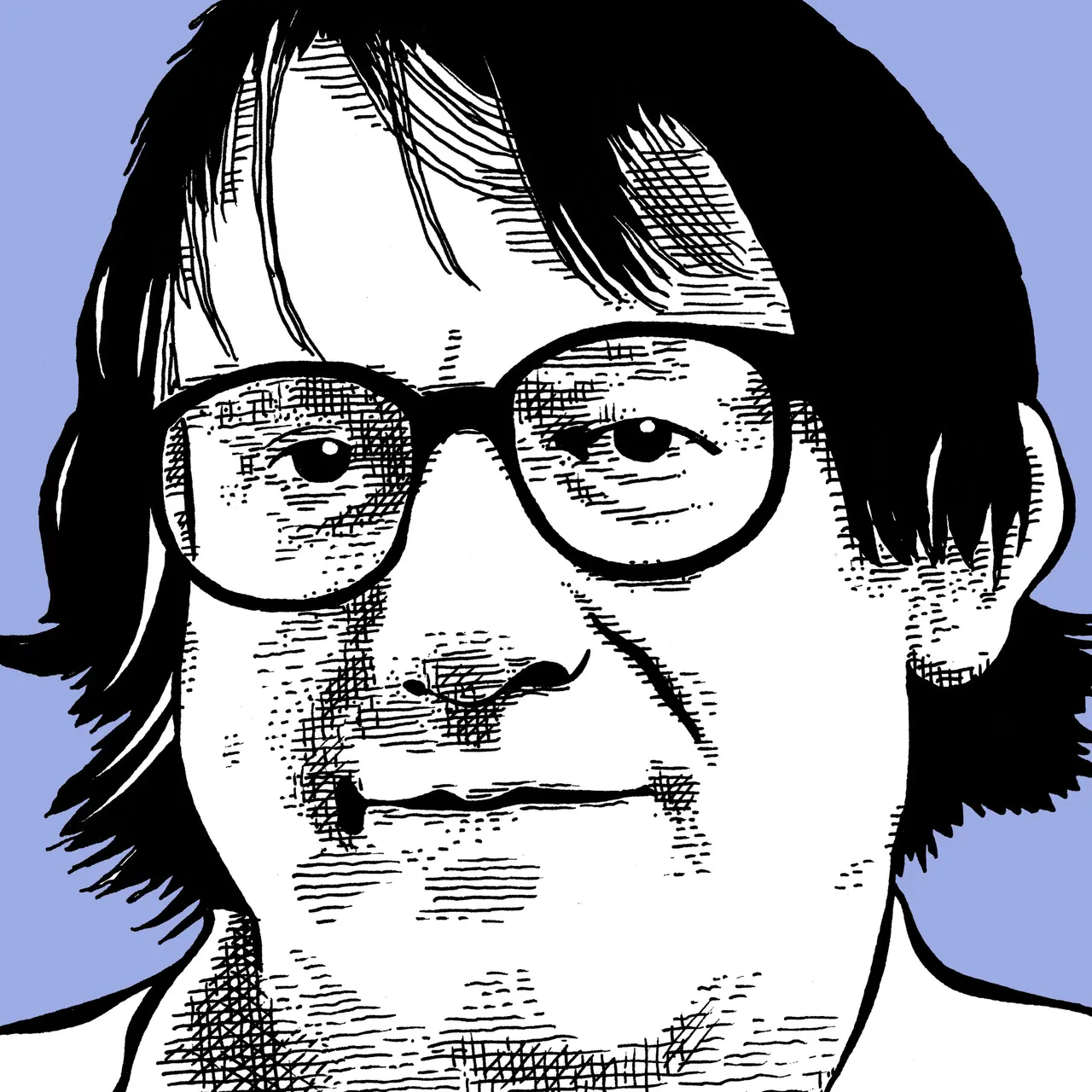(1936-2022) Architect, mathematician and theorist. Born in Vienna, he was raised and educated in England, and after 1963 was professor of architecture at Berkeley, California. His book Towards a New Architecture of Humanism, published in 1963, calls for regional decentralisation and low-rise, high-density housing. A Pattern Language: towns, buildings, construction, published in 1977, describes well-established ways of building that people can draw on in designing for themselves. Michael Mehaffy and Nikos Salingaros (2011) describe Alexander’s views on architecture and the built environment as ‘iconoclastic’. They write: ‘Most of the architecture we have been making since the 1920s — however visually appealing it might be to some people — uses technology in a highly incomplete and deeply flawed way, with serious consequences for the adaptivity of the human environment. Its various design stylings — modernist, postmodernist, deconstructivist, blobitecture, etc — are really just varieties of elaborate decoration, masking an underlying kind of fragmented, objectified structure that is incompatible with evolved, sustainable form. They are visually exciting compositions — great art (perhaps?), or merely fashion — meant to help market what is at heart a series of commodified industrial objects. However exciting and promising they may first appear, in the end they can only add to the growing disaster that is the human built environment.’ Mehaffy and Nikos Salingaros argue that Alexander’s work points the way to a new understanding, and a new kind of technology. ‘Living architectural and urban configurations are generated through interactive computations, creating a structural and temporal hierarchy on many distinct scales. There is an integrated relationship between the scale of the city, the scale of the neighborhood, the scale of the street, the scale of buildings, and the scale of fine details. The city is not a composition of objects, but a web of these evolving relationships.’ The first wiki – the technology behind Wikipedia – led directly from Alexander’s work. The computer game designer will wright has said that Alexander’s work was influential in the origin of the computer game the sims.
See a city is not a tree and a new theory of urban design.

